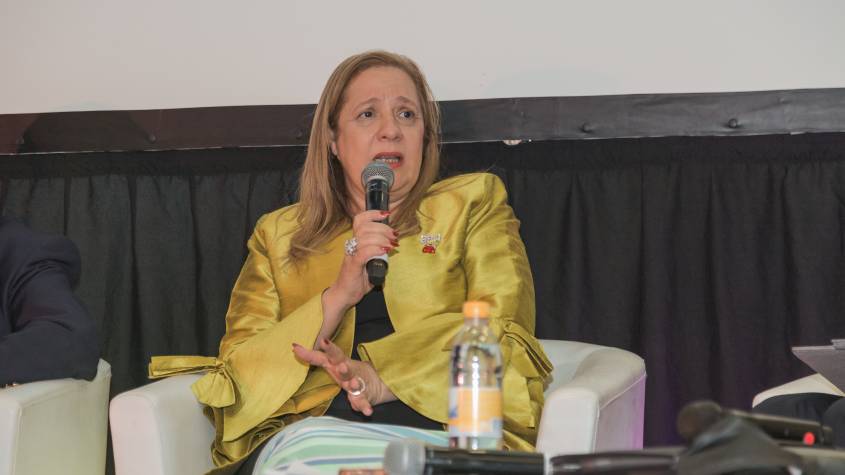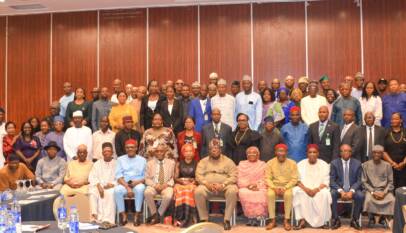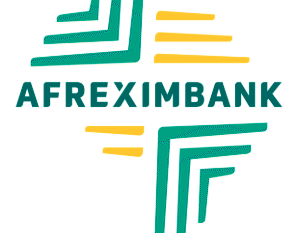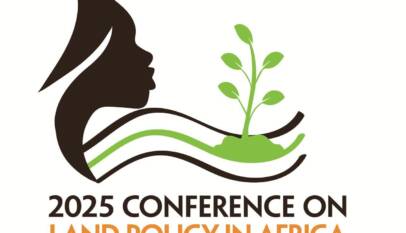INTERVIEW | Africa’s private sector will drive AfCFTA’s implementation – Amany Asfour
Dr Amany Asfour is the interim chairperson of the African Business Council (AfBC), the apex, independent private sector body of the African Union focused on the promotion of pan-African business interests

By Adam Alqali
Newspage: How did the African Business Council (AfBC) came about?
Asfour: The African Business Council (AfBC) is the voice of Africa’s private sector which was established in line with the decision of an African Union summit on boosting intra-African trade and the operationalization of the African Continental Free Trade Area (AfCFTA). As such, our founding vision is creating a borderless, competitive and innovative Africa which is necessary for the free flow of trade and investment as well as boosting industrialization.
Therefore, AfBC membership incorporates all private sector entities across the African continent namely, business councils, chambers of commerce, private sector federations, unions of industries, manufacturers associations, women and youth entrepreneurs associations, among others. We are an all-inclusive body whose main objective is empowering Africa’s private sector to promote intra-African trade in made-in-Africa products.
Newspage: How far have you gone in actualizing the AfBC’s all-important vision since your creation?
Asfour: In the last one year, we have worked towards the establishment of the AfBC’s constitution, alongside the creation of a vision and objectives for the Council as well as creating visibility for the organization. To date, we have officially established our permanent general assembly which subsequently adopted our constitution, we are now looking forward to implementing our first three-year plan.
To this end, we have put in place a strategy anchored on three pillars, namely; private sector strengthening which includes SMEs, women and youths. The second pillar is policy advocacy while the third pillar is product development. The first pillar (private sector strengthening) is focused on raising awareness and building the capacity of the private sector as well the popularization of the Africa Continental Free Trade Area (AfCFTA); that is talking about what the AfCFTA entails in terms of jobs creation and fostering industrialization.
The second pillar has to do with policy advocacy; what we are advocating for is a minimum of 40% of all public procurement in Africa be reserved for indigenous African private sector companies, particularly SMEs, women and youth-owned businesses. This is to lessen competition with more established multinational corporations. Moreover, to achieve financial inclusion, we need financial institutions across the continent to come up with financial products targeted specifically at the development of women and youth owned businesses as well as SMEs.
Our third pillar is focused on product development. Here, we need to work towards developing our products with reference to design, branding, packaging, and value addition for our raw materials. Since Africa is the world’s richest continent which is evident in our abundant raw materials such as diamonds and arable land, now is the time to enhance the quality of our products and achieve competitiveness, through value addition, standardization and innovation.
Notably, we have a dearth of information on Africa’s resources and keep importing products from outside Africa like pharmaceuticals, medical consumables and supplies, food products, among others. Therefore, it is high time we carry out a cluster mapping of all our existing resources so as to come up with a business directory. Afterwards, we need to come up with a strategy of supporting the various sub groups of our private sector to get acquainted with each other towards increased intra-African trade among ourselves as well as boosting industrialization.
To this end, we should adopt advanced technologies in our mining process because our women are still engaged in primitive mining of minerals hence the necessity of use of modern machineries in cutting and polishing our precious stones. To achieve this we need a holistic approach through the creation of business development centers, business incubators and accelerators. We have to come up with trust funds for supporting women-owned startups. Overall, we need a multidisciplinary roadmap for all stakeholders to work together towards the Africa We Want.
Newspage: The AfBC, a key pillar within the architecture of the AfCFTA, is meant to ensure improved relations between Africa’s private sector and African policymakers. What role would the AfBC be playing under the AfCFTA?
Asfour: Enhanced public-private sector relations is crucial for ensuring Africa’s private sector plays a key role in the negotiations and implementation of the AfCFTA. In fact, as private sector we are the ones implementing the AfCFTA. Our vision as the AfBC (which is inclusive of all the private sector entities in Africa) is to ensure the production of quality African-made products so as to increase intra-African trade which currently stands at merely 15%.
To create a prosperous continent and actualize Agenda 2063: The Africa We Want, we need to increase trade among ourselves. As such, we need to foster a competitive continent where all investment is geared towards implementing Africa’s development agenda. We will ensure Africa’s private sector is able to create jobs and wealth for the continent which is the main objective of the African Business Council.
Editor’s note: This interview has been edited for length, clarity and flow.














